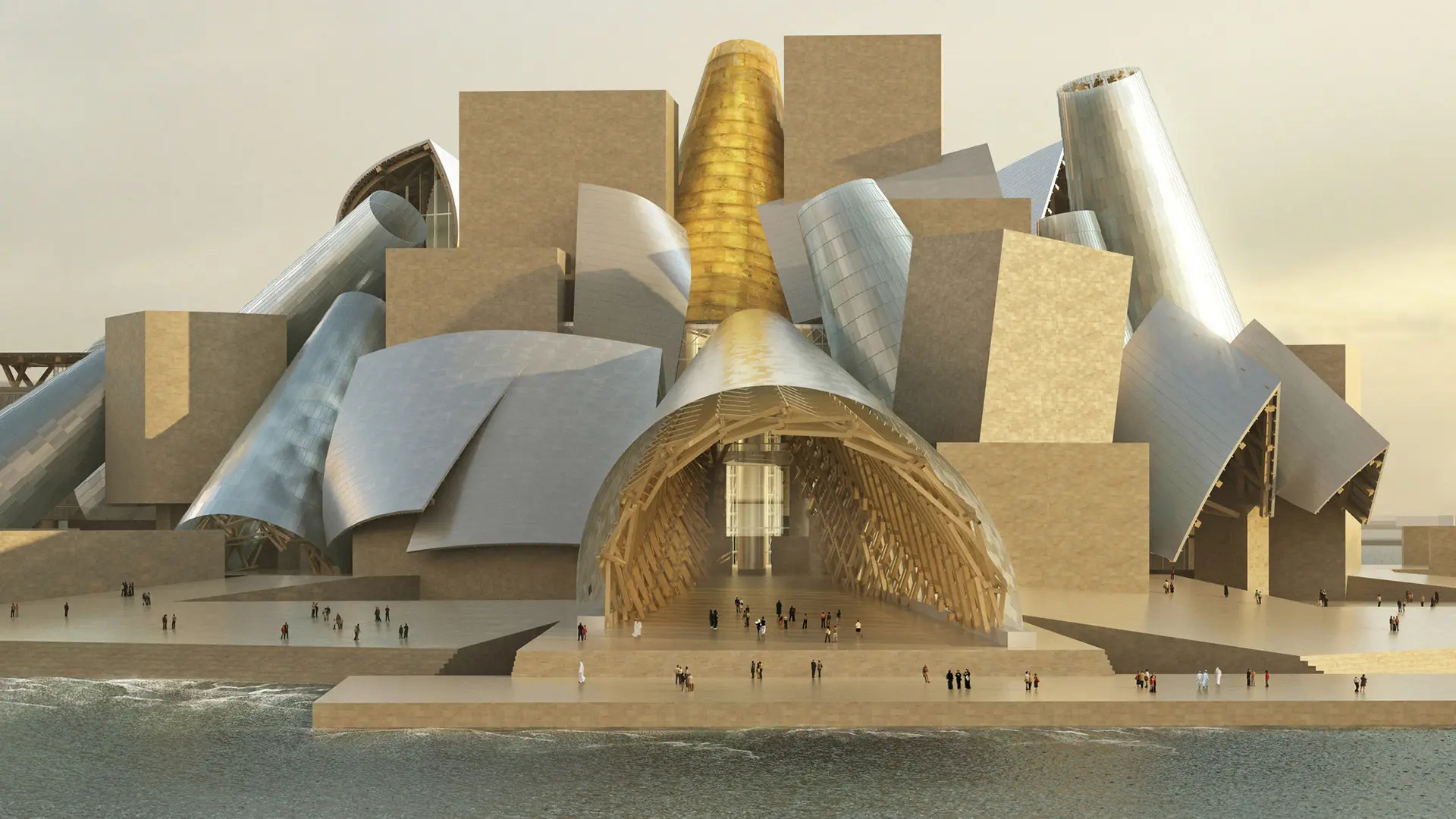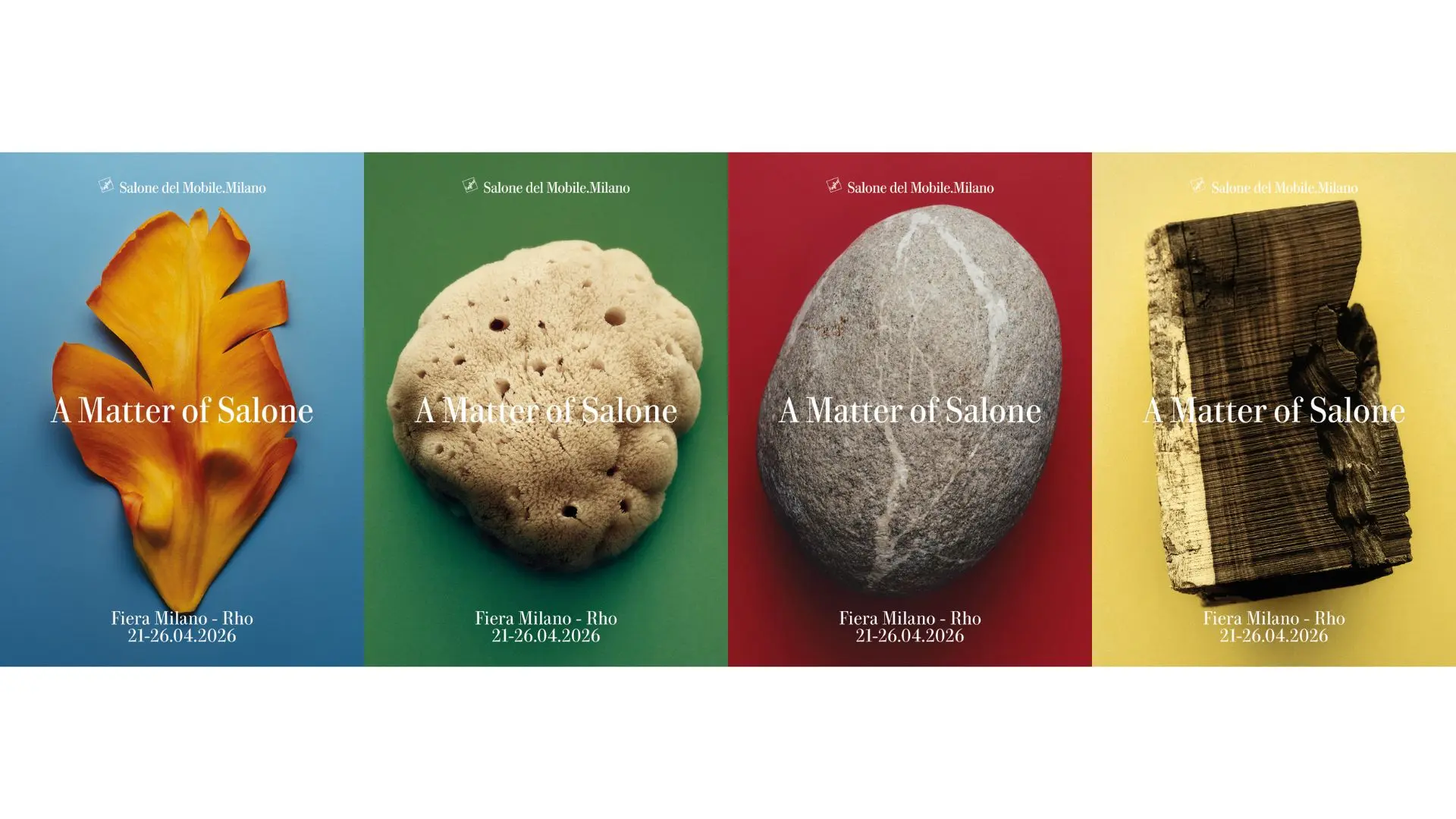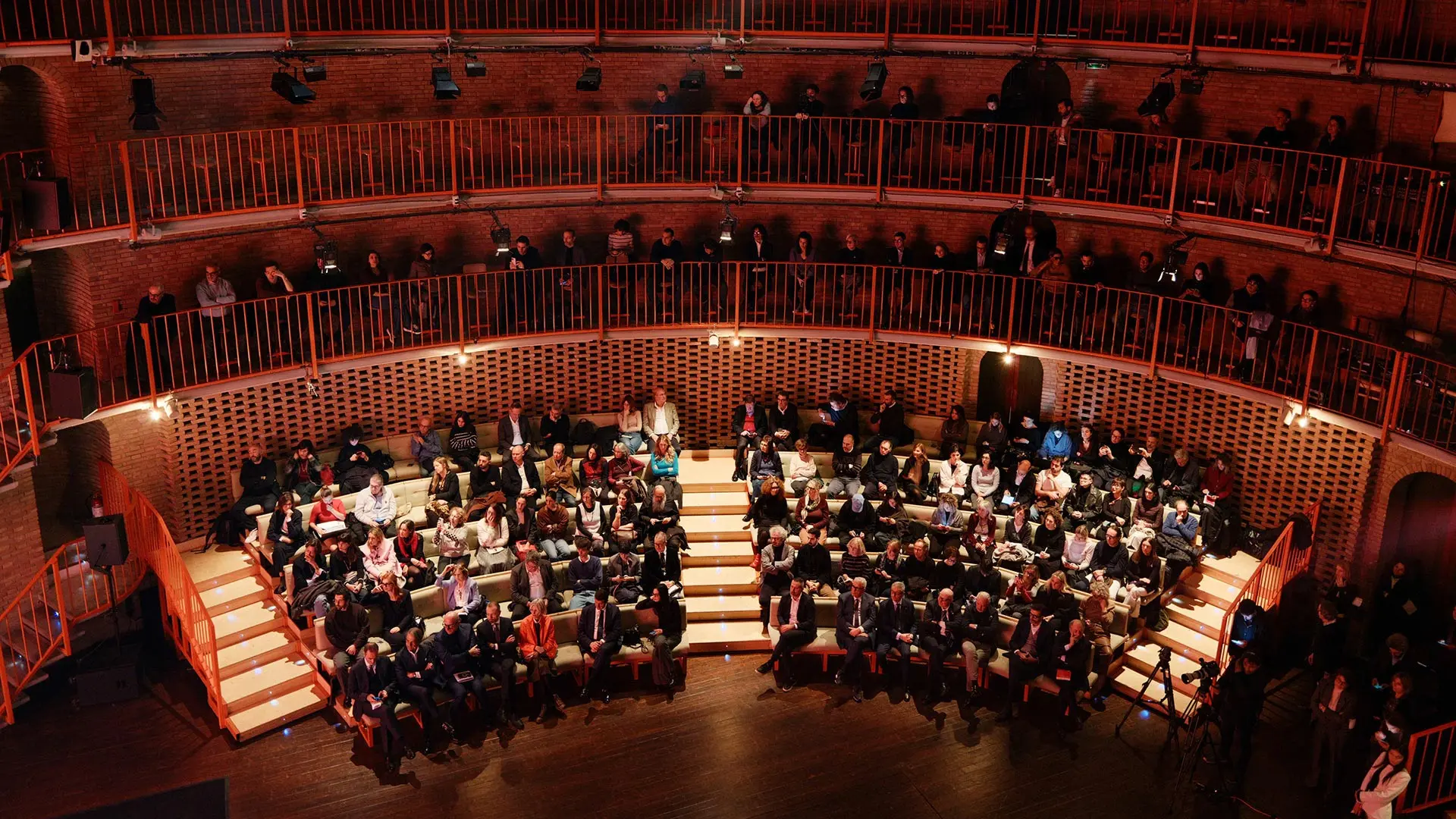From BIG to David Chipperfield, Frank Gehry to Snøhetta: a world tour of the best buildings set to open in 2026

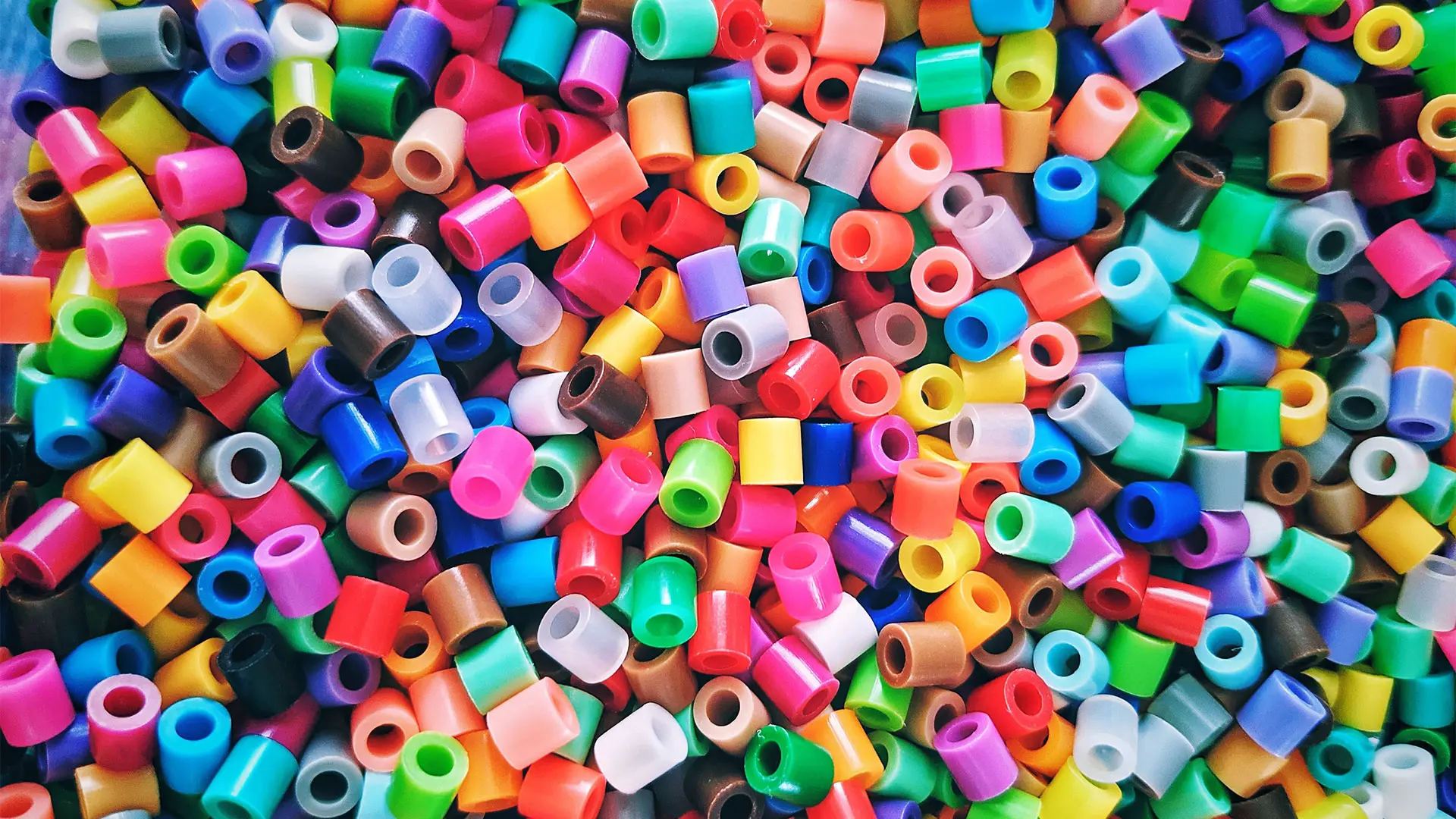
What if there was an enzyme capable of breaking apart plastic polymers and giving back the virgin material? Lampoon magazine tells it thanks to the avant-garde work of the chemist Hal Alper
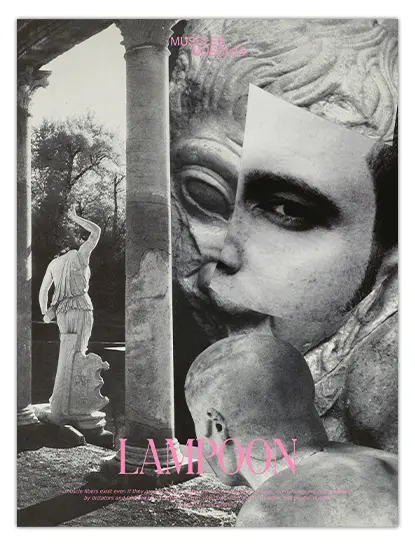
"Experimental results from studies at the U.S. Department of Energy’s Advanced Photon Source (APS) have been published in Nature and demonstrate a circular carbon economy for PET is theoretically attainable using rapid enzymatic depolymerization followed by repolymerization or conversion/valorization into other products. «We are interested in the ability to make new chemicals, the ability to make sustainable and renewable solutions. On the other side, looking for new sustainable and renewable feedstocks for basic chemical material production. That is the area of waste valorisation: the ability to take waste (that is around or created) and be able to make it into something else»” – read here the full article.
Magazine: Lampoon
Country: Italy
Date: 9th December 2022
Article: If plastic could disappear: on the potential of enzymatic depolymerization
Author: Martina Tondo






